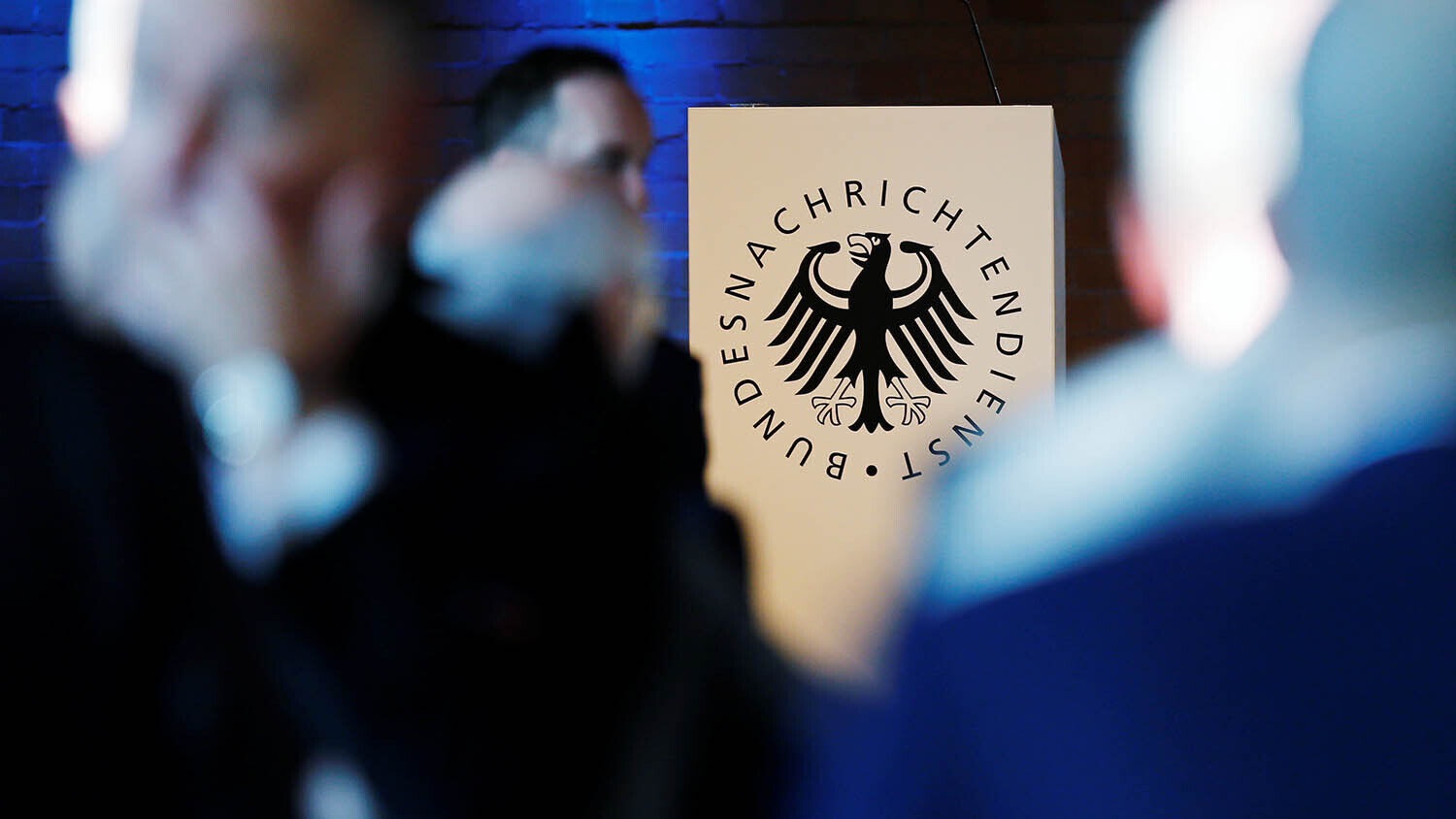Russian machine tool manufacturing remains critically dependent on imports, particularly of technologically advanced computer numerical control (CNC) machines. Despite Kremlin claims about boosting domestic machine tool production, Russian enterprises continue to use 98.3% foreign-made equipment—mainly from Turkey, China, India, and Malaysia.
By the end of 2022, China had become the largest supplier of machine tools to Russia, accounting for 62% of all foreign equipment (up from 20% before February 2022) and more than 50% of spare parts.
In 2024, the share of Chinese machine tools on the Russian market grew to 71%. There was also a sharp increase in imports from India—by 27.5 times compared to 2020.
At the same time, Western sanctions led to a sharp decline in imports from Germany (which held a 15–20% market share before the war), as well as from Japan and South Korea.
The situation in Russia’s high-tech machine tool sector highlights systemic industrial problems tied to the lack of Western technologies. According to the Foreign Intelligence Service of Ukraine, government “import substitution” programs have failed to eliminate Russia’s dependence on foreign technologies.






















